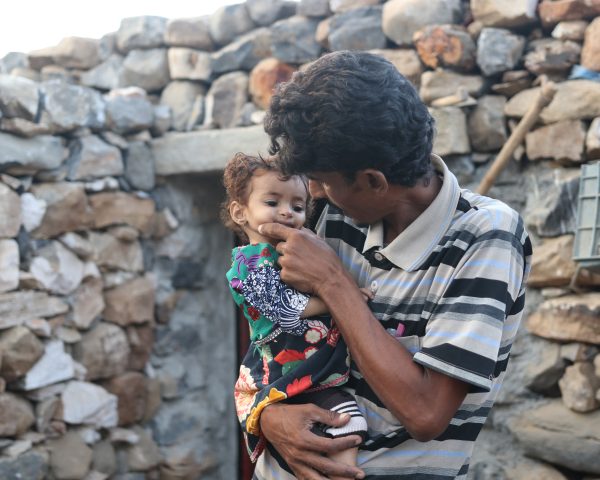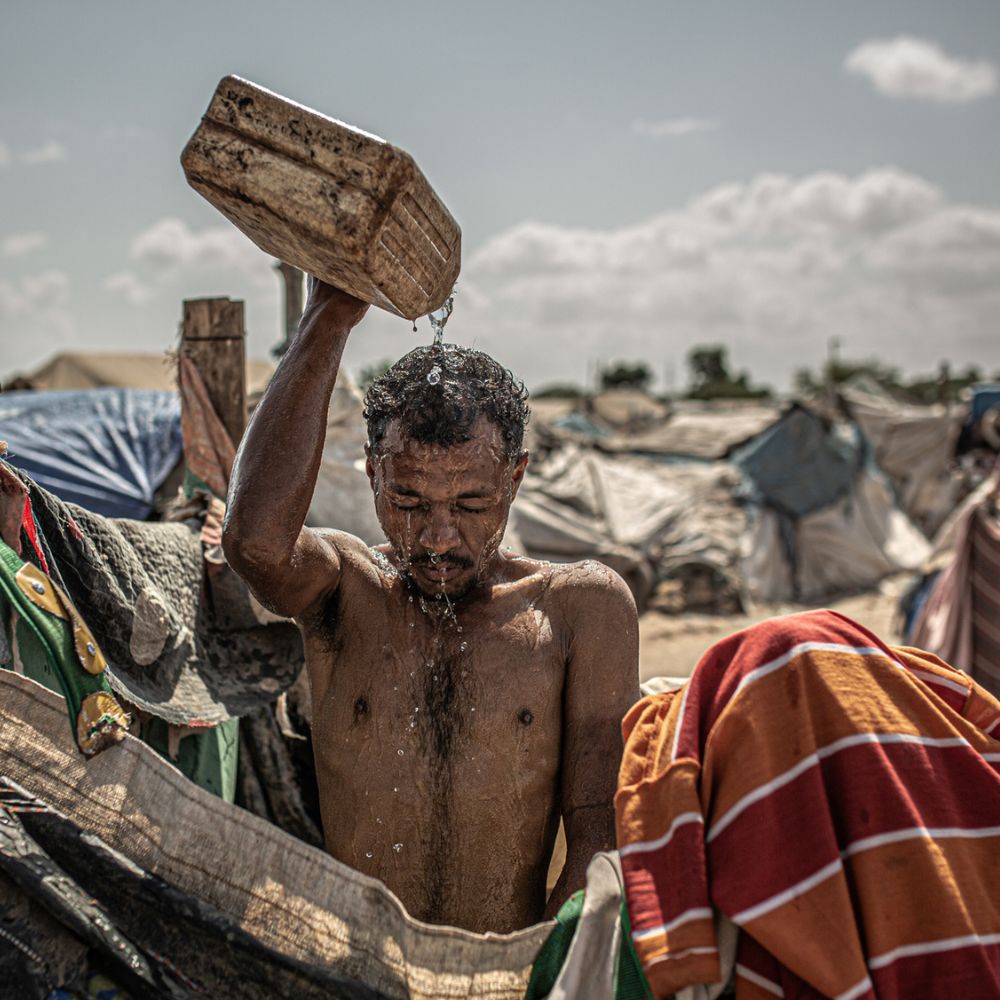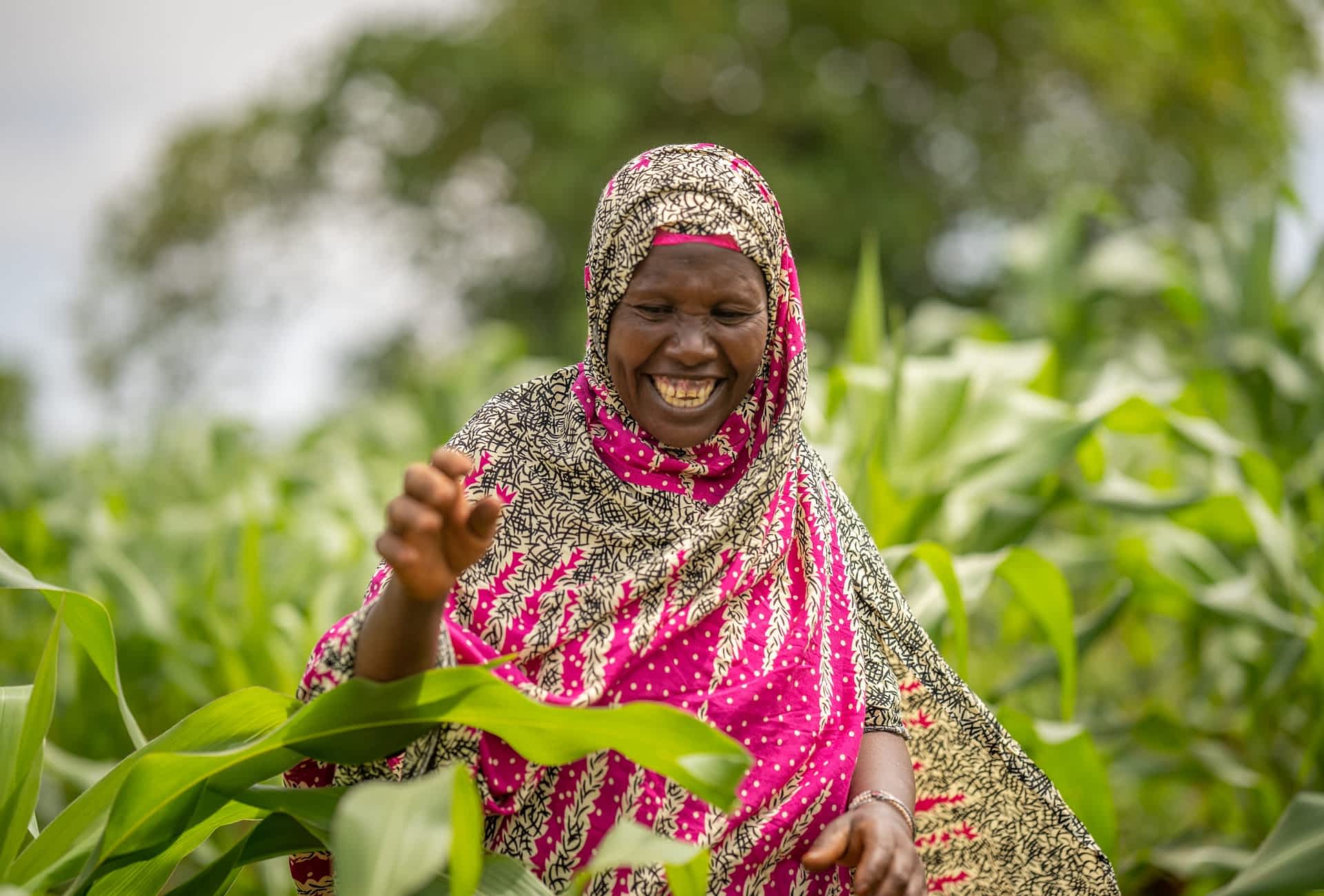Our work in Yemen
We deliver humanitarian assistance to those most in need, securing access to nutritious food, essential protection services, clean water, and safe sanitation. We also empower women and young people to build stable and sustainable livelihoods, enabling them to support their families and strengthen their resilience for the future.

Photo: VFX Aden / Oxfam
21.6 million
people are in urgent need of emergency humanitarian aid and protection
17 million
people experience high levels of acute food insecurity
835 people
participated in peacebuilding acitivities from Oxfam Denmark in 2020-2021
173.407 yemenites
have received humanitarian assistance from Oxfam Denmark in 2020-2021
Yemen has long been the poorest country in the Middle East. After more than eight years of conflict, the nation faces a dire humanitarian emergency, with 21.6 million people in urgent need of assistance and 4.5 million internally displaced from their homes.
The collapse of infrastructure has severely limited access to healthcare, clean water, sanitation, and education, while the ongoing fragility of Yemen’s economy leaves many unable to meet even their most basic needs.
Responding to Crisis and Building Resilience in Yemen
Oxfam has been working in Yemen since 1983, focusing on food security, gender equality, protection, water, and sanitation. Our work in Yemen addresses both urgent humanitarian relief and the long-term resilience of communities.
We ensure vulnerable people have access to clean water, sanitation facilities, protection services, and food. For those in greatest need, we provide direct cash assistance to help them meet immediate essentials.
We also invest in sustainable, income-generating activities, offering technical training to strengthen livelihoods and create pathways out of poverty. Women, young people, and minorities are empowered to claim their rights, participate in decision-making, and lead efforts in peacebuilding and community dialogue.
By working closely with Yemen’s civil society, we strengthen local capacity to respond to emergencies, conflict, and climate-related disasters—helping communities not only survive the current crisis but also lay the groundwork for a more secure and inclusive future.
More than eight years of conflict have devastated people’s lives in Yemen. More people are forced to survive with less or have no access to the assistance they need. Women and girls will continue to bear a disproportionate impact of the crisis. Humanitarian assistance alone will not solve the crisis in Yemen. The people of Yemen need an end to the conflict and more sustainable solutions to restore their lives and build their future.
Ferran Puig
Oxfam Country Director in Yemen
Our goals in Yemen
- We support women, young people and minorities in claiming their rights and in participating meaningfully in decision-making processes. We promote an inclusive peace process and support local dialogue and peace initiatives.
- We support livelihood opportunities for vulnerable households and families, including women and young people, so that they can access income-generating activities to reduce their vulnerability to shocks and become more resilient
- We empower local partners and local actors to better manage acute crisis situations, as a result of conflict and natural disasters.
- We improve access to humanitarian assistance and protection for affected populations

Support Our Humanitarian Work
You can help Oxfam Denmark assist the vulnerable population in Yemen and other countries by donating to our work.
Facts about Yemen
- 71 to about 78 percent of the population is estimated to live below the poverty line, and over half of the population is under 24 years old.
- Yemen has been plagued by civil wars for decades. Over the past 8 years, Yemen’s conflict escalated and Yemen is one of the largest humanitarian crises in the world.
- Changes to natural disasters, such as repeated floods, are increasing the vulnerability of the war-torn country and have displaced many people.
- The country ranks second worst on the global hunger index, behind only the Central African Republic.

